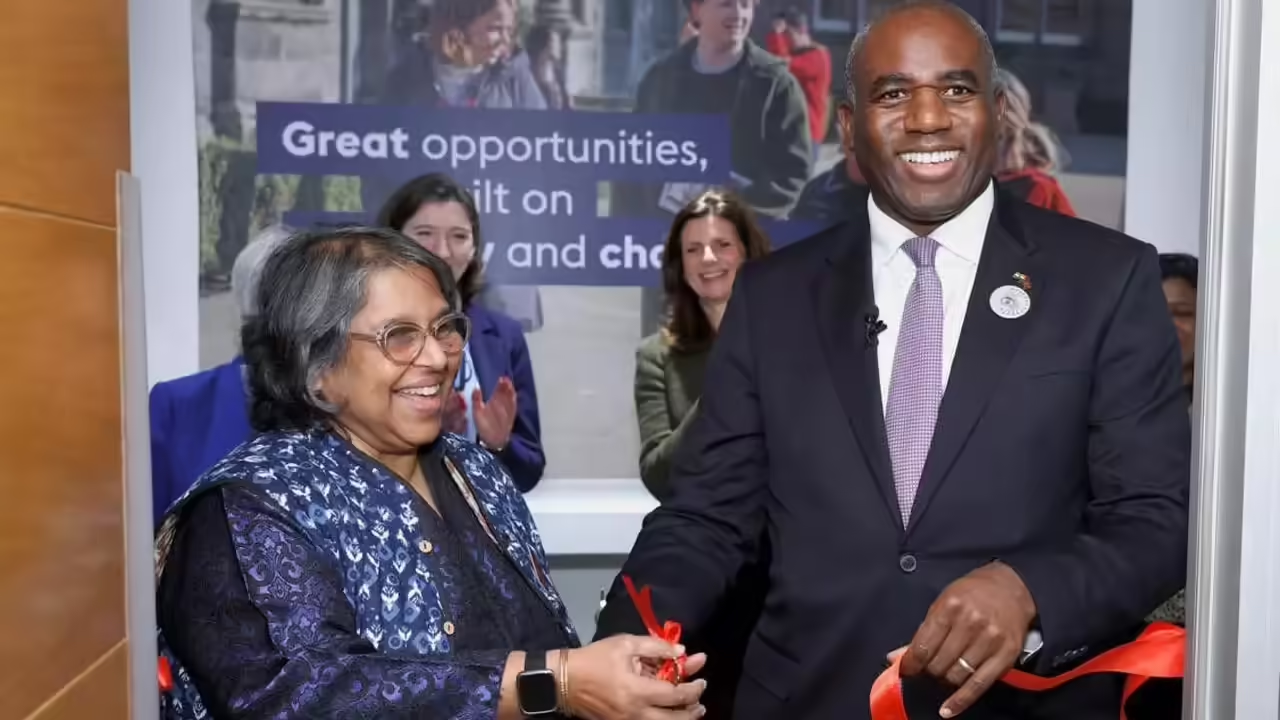David Solomon
At one time, school-masters had a very basic implement in their classrooms to keep refractory students in line at the best of times – more suitably beneficial by all accounts for those worst-of-times moments. It was a nondescript yet powerful tool, a long and slender cane, practically harmless until called upon to act as an irrefutable ‘ready reckoner’ for the cause of education and discipline.
Many of those worst-of-times moments are sharply etched in the collective memory of wayward students, who had to bend over and receive “six of the best”. As it was called in those days, the caning did not take more than two or three minutes to deliver with a swift, unerring and practised hand. But the sore bottom at the other end could linger on for quite a while. Soon all was forgotten and taken in good sport. For the incorrigible students, once was never enough. In the time, it led many to conclude that the surest remedy for unresponsive grey cells was a red butt.

This retributive ritual was usually preceded by a single statement of either the headmaster or the principal: “Chaprasi, jaldi beint leke aao ( Chaprasi – the Hindustani word for peon – bring the cane right away). The poor fellow would scamper away like a scared fox and be back with the cane in a jiffy, before anyone could even say “tally-ho.”
No rancour at all
Whatever the circumstances for these occasional disciplinary outbursts, there was never any rancour from either side. The masters regarded it as a necessary, periodic administrative exercise; nothing personal in it. It was merely treated as “business as usual”. Students also looked at it in a very matter-of-fact way. Outside the classroom, encounters between students and masters were ever so cordial.
We would always call out a cheery “Good Morning!” or “Good Afternoon!” And the response from the masters was equally cheerful: “Good morning, boys! And how’s everything at your end?” And mind you, there was no pun intended.
Sadly though, all this spicy action drama and adventure has become extinct. Leave aside a gentle reprimand; even a well-meaning, reproving look nowadays invites parental wrath. “Genuine reasons” from teachers have invariably swept aside in a deluge of anger and protests: “My poor child has been traumatised by this kind of abusive behaviour. Who knows, it may even result in serious psychological scarring at a sub-conscious level”, is the usual refrain from over-protective parents
.It is hard to pinpoint exactly when and how a shift in disciplinary norms began to manifest itself. And now we have an irreversible situation where the cane has become as good as a fossilised relic of the past; as extinct as the Dodo.
I know for a fact that we as students hardly gave it a second thought. For most of us who had weathered one of these ‘six of the best’ storms at some time or the other in our schooldays, the whole thing was looked upon as a coming of age, ‘rites of passage’, aimed to turn boys into responsible individuals of integrity and character. The more important lesson to be learned from all this was that punishment was merely a dose of bitter medicine that gives good results in the long term.
An unusual anti-climax
Here is a funny incident (and a personal one, too) that shows a lighter side of the picture.
A group of boys, including myself, were once marched down to the Principal’s office for a caning. I had put some Diwali crackers under the teacher’s chair. The result was a big bang and commotion. No amount of threats from the indignant teacher had any effect on the class. Nobody owned up because we had this ‘all-for-one’ and ‘one-for-all’ kind of solidarity. Eventually, it was decided that all the boys would have to be caned. The girls were let off on the assumption that they would never ever get involved in such ‘wild mischief’.

Down at the principal’s office, we had to wait, because he was taking a class. He taught English literature to Grade 11 and 12 and preferred to take the class in his office. The waiting made us all restless. Soon we were all giggling and whispering. The whispers soon turned into a low rumble. It was enough to make ‘Princey’ (that was our slang for the principal), come out of the office. He looked around reprovingly and asked in his stern and piercing voice: “Pray to tell me, what is the cause for this disturbance”?
All the boys looked in my direction. Princey turned towards me and exclaimed in the same tone: “Well then, let us listen to the words of wisdom of Solomon”.
My mind was racing for a suitable answer. Then I blurted out: “Well actually, Sir, we were just deciding amongst ourselves who should bend down first”.
I not sure whether it was my tone of voice or the look on my face, but ‘Princey’ just burst into spasms of laughter. When he finally regained his composure and a reasonably stern demeanour, here’s what he said:
“You boys are incorrigible. Get back to your class this very instant. I shall deal with you chaps later”.
Happily, that day never came, so we were spared a session of ‘Bottoms up’!











